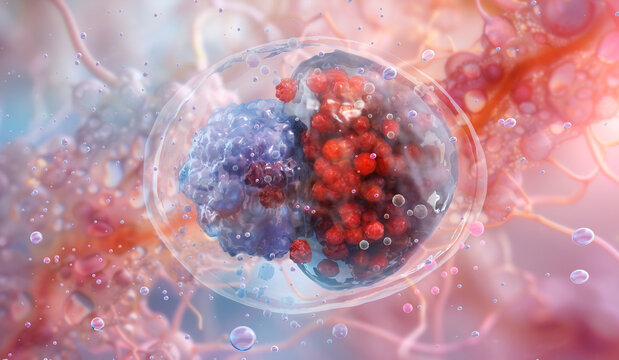Chlamydia
Chlamydia is a common bacterial sexually transmitted infection (STI) in the UK, affecting both men and women. It often presents without symptoms but can lead to complications if left untreated. Here’s an overview:
Symptoms of Chlamydia:
Many people with chlamydia don’t experience any symptoms, which is why testing is crucial if you suspect an infection. When symptoms do appear, they typically show up 1 to 3 weeks after unprotected sex but can sometimes take months to manifest. Possible symptoms include:
- Pain during urination.
- Unusual discharge from the vagina, penis, or anus.
- Lower abdominal pain, bleeding after sex, or between periods (for women).
- Pain in the testicles (for men).
- Red, sticky eyes if chlamydia has spread to the eye.
Note: Symptoms may go away after a few days, but this doesn’t mean the infection has cleared up; you can still pass it on to others.
Testing for Chlamydia:
If you suspect you have chlamydia:
- Visit a local sexual health service or contact your GP if you have symptoms.
- Order a home test kit if you don’t have symptoms.
- Testing is simple, painless, and reliable, typically involving:
- A swab (used to collect a sample from the vagina, throat, or anus).
- A urine sample (recommended at least 1-2 hours after urinating for accurate results for those with a penis).
Treatment for Chlamydia:
- Chlamydia is treated with antibiotics.
- Avoid sexual activity, including oral sex and protected sex, for 1 week after you and your partner(s) have completed treatment to prevent re-infection.
- Untreated chlamydia can lead to complications:
- Women: It can spread to the womb, causing pelvic inflammatory disease (PID), a major cause of ectopic pregnancy and infertility.
- Men: It can spread to the testicles, causing discomfort and potential fertility issues.
How Chlamydia is Transmitted:
- Unprotected vaginal, anal, or oral sex.
- Sharing unwashed sex toys or using them without a new condom each time.
- Infected vaginal fluid or semen contact with the eyes.
- From mother to baby during childbirth.
Prevention Tips:
- Use condoms during vaginal, anal, and oral sex.
- Get regular STI screenings if you’re sexually active.
Other STIs:
If you’re diagnosed with chlamydia, it’s recommended to get tested for other STIs, such as:
- Gonorrhoea
- Syphilis
- HIV
Chlamydia can have serious health impacts if left untreated, so timely testing and treatment are key to preventing complications.







